Wellbeing News
"Be The Best That You Can Be"
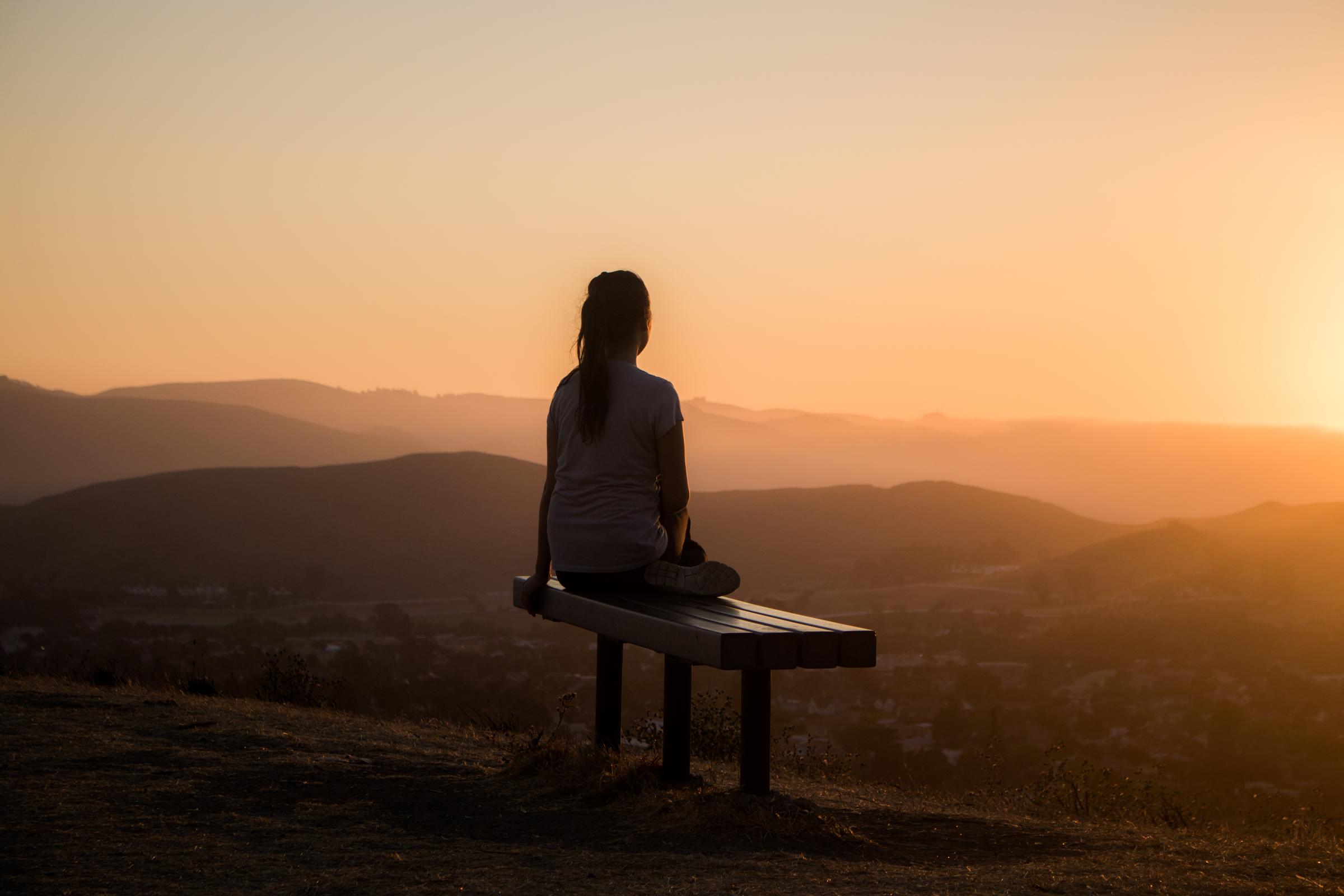
Wellbeing News
"Be The Best That You Can Be"


My name is Eva Myszka and I am the current well-being co-ordinator at Wheelers Hill Secondary College. I joined the WHSC team in early term 1 to fill in for Helen Charalambous whilst she is on family leave. I am social work qualified and have worked in various family services prior to starting with WHSC - including with Child FIRST and supporting foster & kinship carers. My role is busy and varied and definitely keeps me on my toes.
Working with students in an educational setting feels like a great match for me personally and professionally, so I’m looking forward to continuing to work within the WHSC team and enjoying our successes and learnings from challenges along the way.


My name is Fosia Mohamud. I Joined the WHSC team towards the end of term three in 2021 as the Mental Health Practitioner (MHP). I am a qualified Social Worker and have worked in various settings over the last 10 years, including the Health and Public Service Sectors. I’m now excited to be working at WHSC in a role that focuses on mental health in the school setting, where early intervention can be facilitated.
It has been a pleasure getting to know the WHSC community and working alongside the wellbeing team and the whole school in the promotion of mental health awareness.
If you would like to know more about mental health support available for students, please refer to the following DET webpage Mental Health in Schools.
If you have any concerns about the well-being of your child during school hours, please contact the school for further information on how to access support for your child.
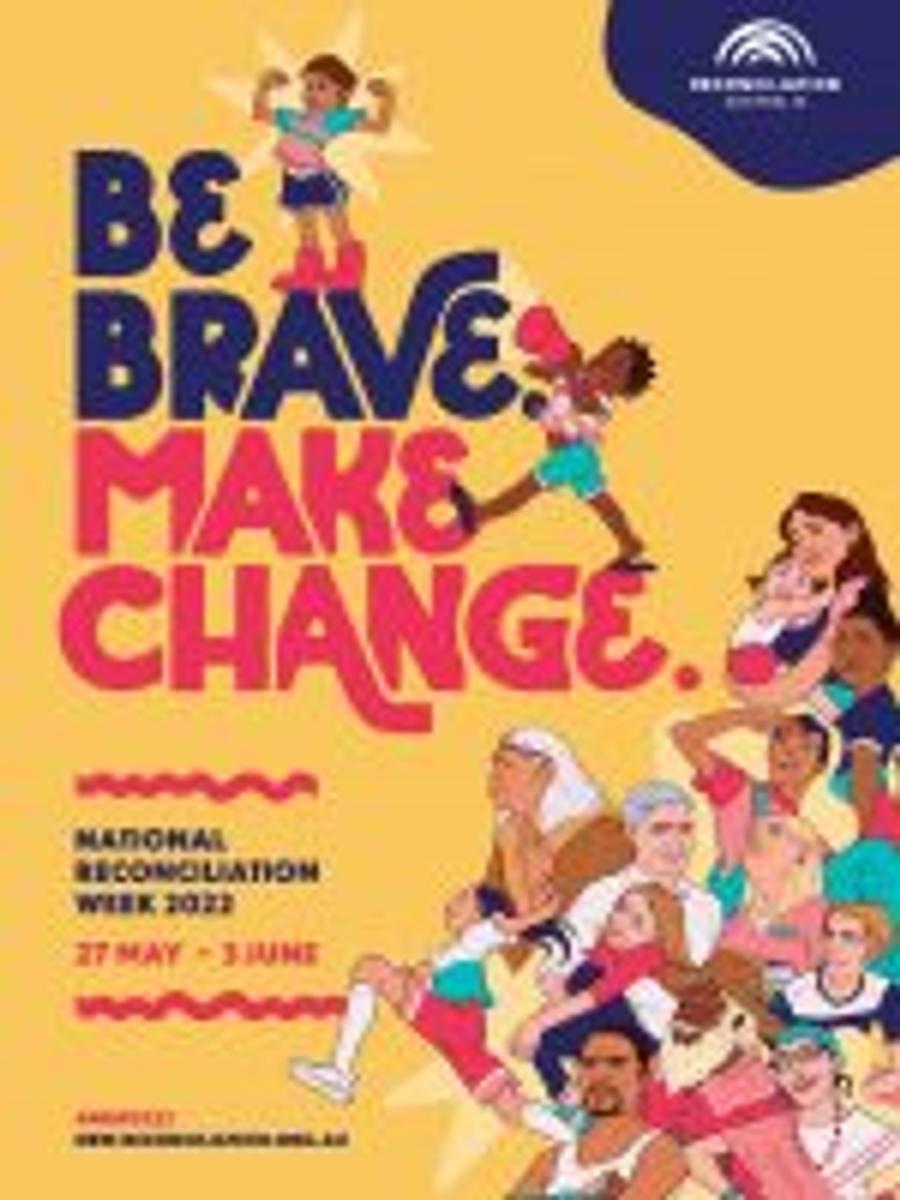

Reconciliation Week Activitites-27th of May to 3rd of June.
National Reconciliation Week (NRW) is a time for all Australians to learn about our shared histories, cultures, and achievements, and to explore how each of us can contribute to achieving reconciliation in Australia.
We will have a guest speaker talking to the students about the significance of Reconciliation Week.
Additionally, students will be participating in creating artwork on school grounds to acknowledge the symbolic importance of art to the Indigenous community.
On the last day of Term 1 (Friday 8th April), WHSC participated in the World’s Greatest Shave to fundraise for the Leukemia Foundation. Student Voices representatives were supported to coordinate activities such as head shaving, leg waxing, hair braiding and sausage sizzle. Staff and students joined in on the fun and donated to this great cause. We raised a total of $1359.95. We look forward to supporting students to continue their passion for being involved in community work.

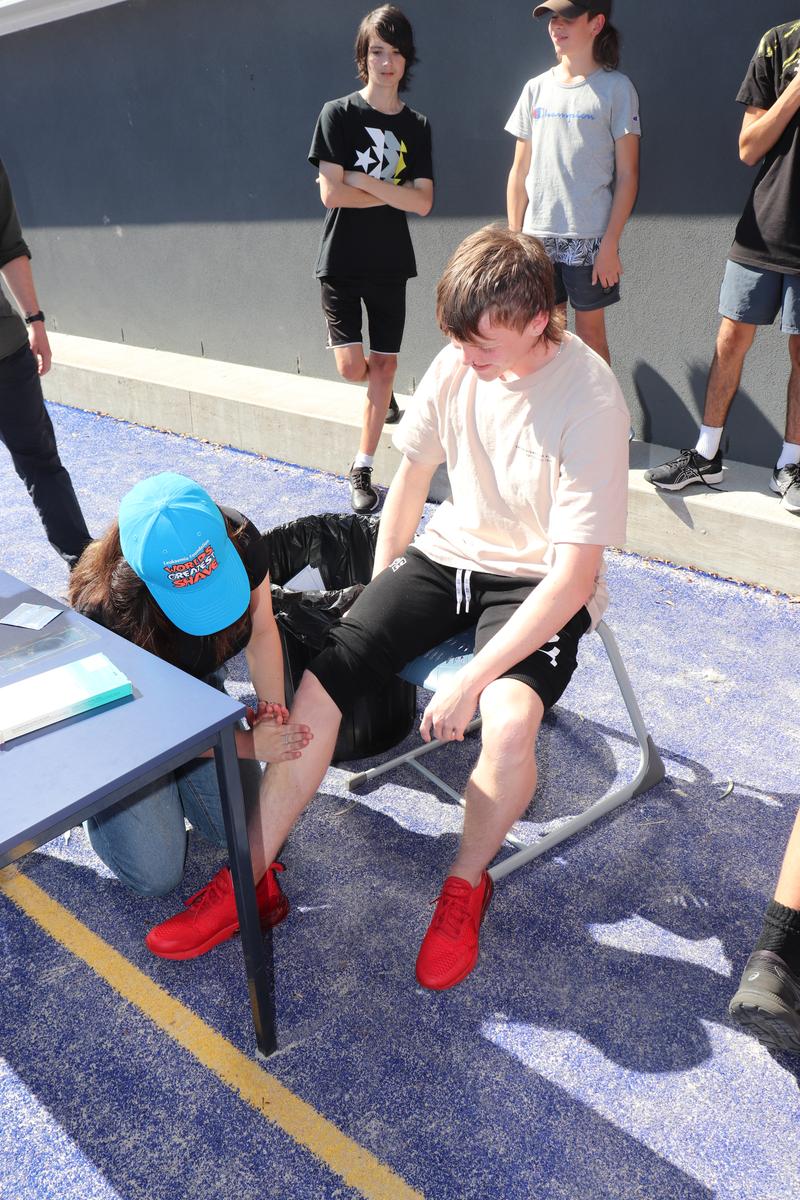
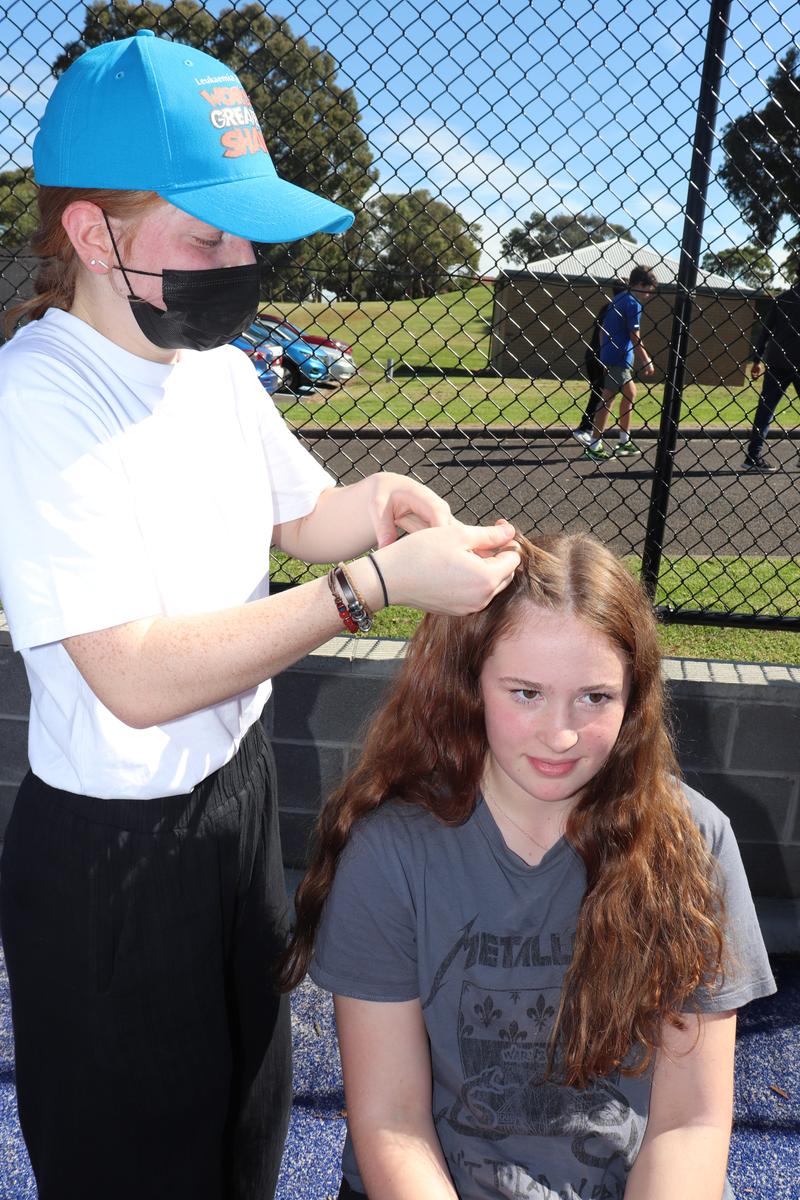
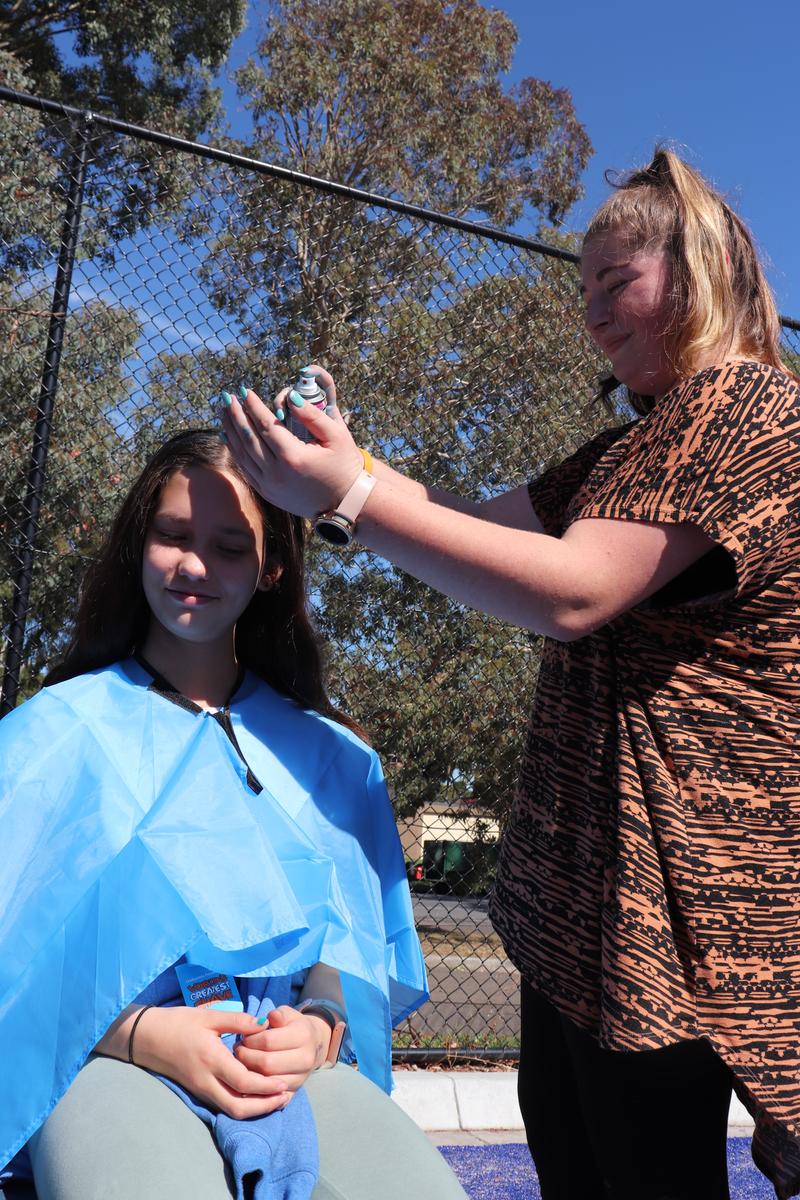
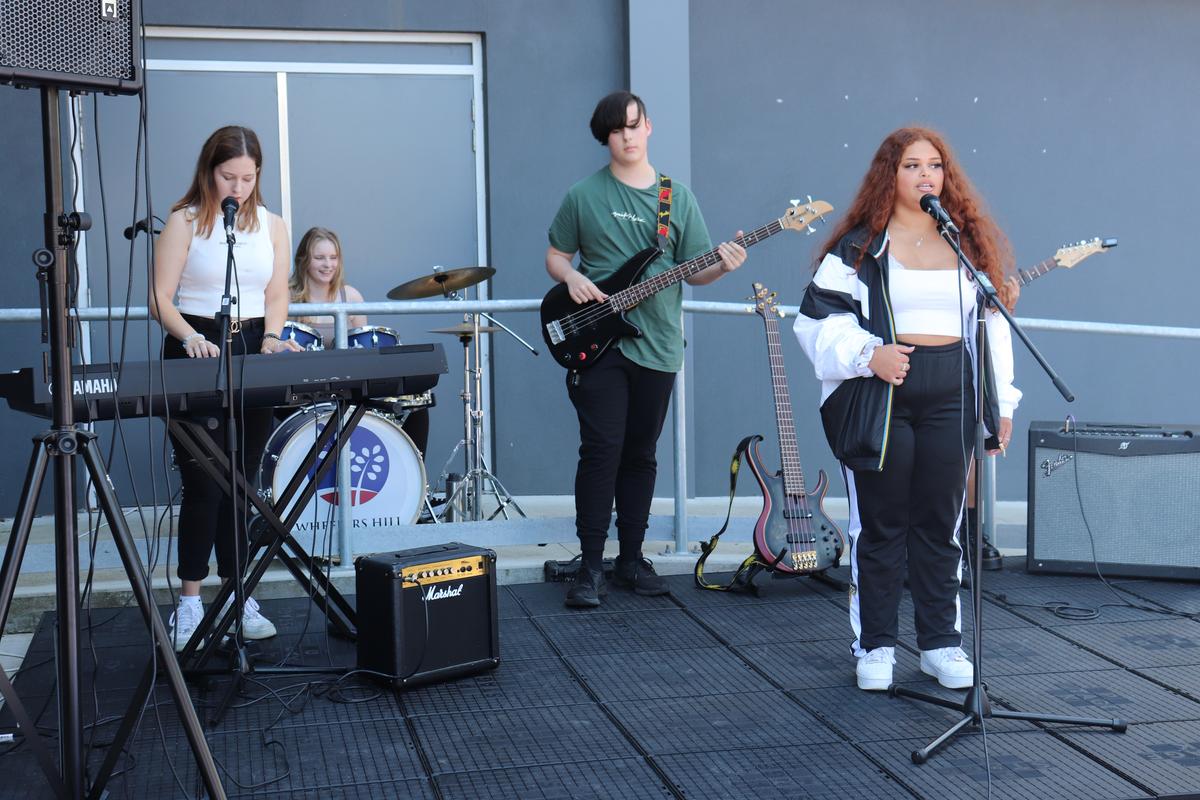


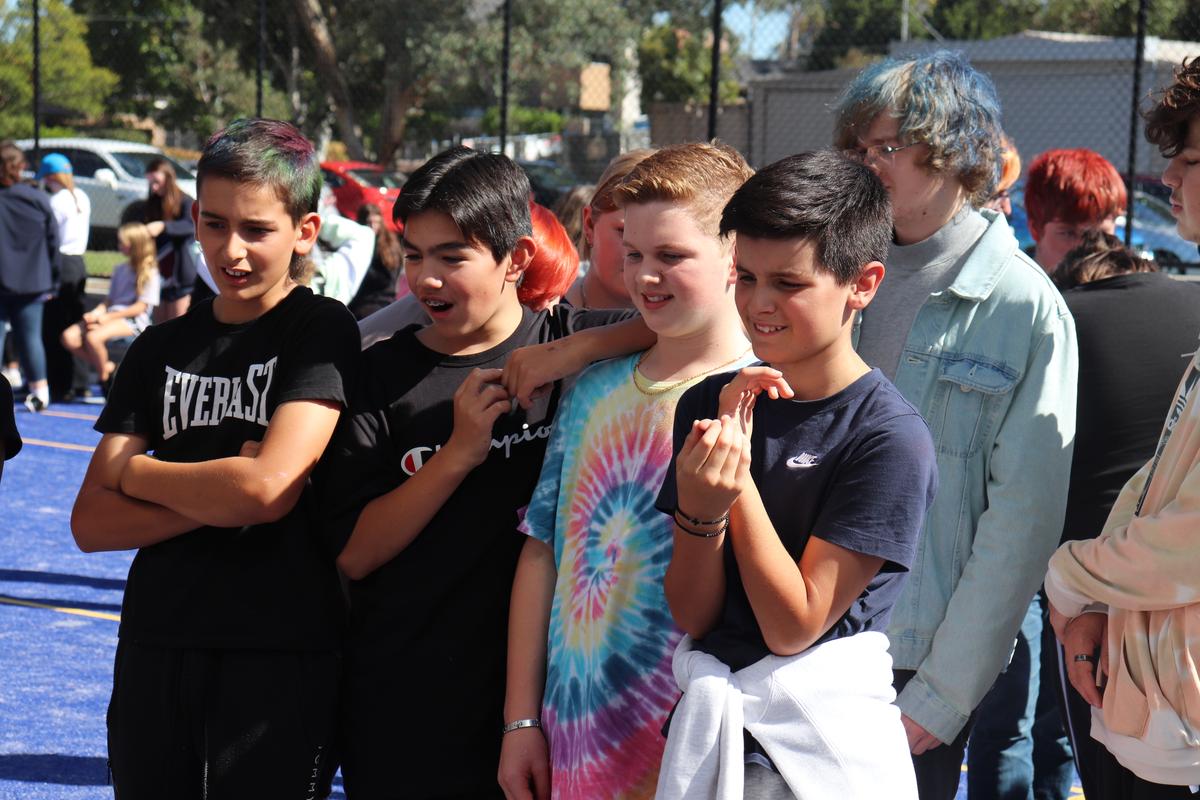
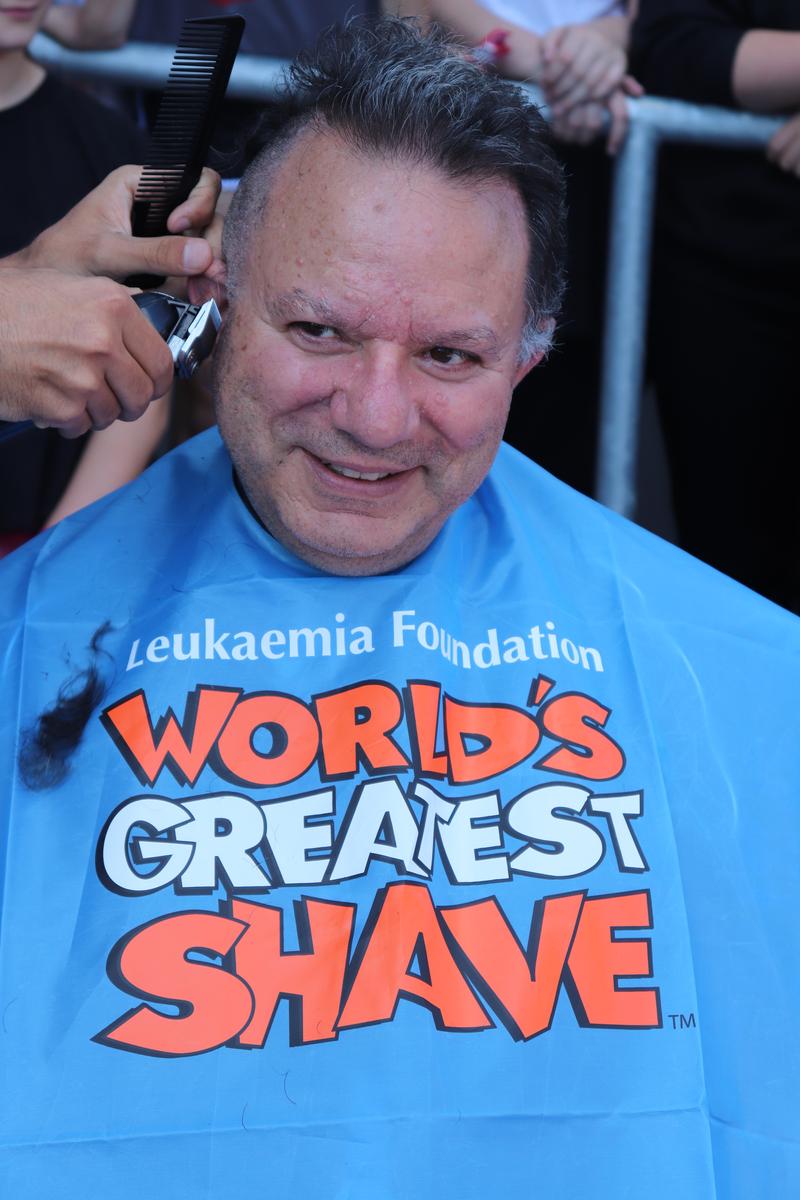











As a result of the global pandemic, there has been a noticeable shift in the amount of time people spend on screen-based devices. Families are transitioning back to pre-COVID routines but many are still struggling to re-establish the boundaries and rules around screen use. Some continue to deal with digital conflict and tech-tantrums on a daily basis.
The latest research found that 77% of teenagers spend more than five hours on screens per day, but it is important to note that not all screen time is considered equal.
Parents play a crucial role in modelling a positive and healthy approach to using screens and assisting children to navigate the content they watch. It is better to model and mentor screen use, rather than monitor it. Children tend to do more of what they see us do, and less of what we tell them to do. However, it is still important to outline the risks and highlight the benefits of screen use to ensure you keep a balanced attitude. Encourage discussions around the issues that people experience in monitoring their screen time and be honest about your own difficulties. Parents need to remain firm in their approach to managing screen time.
Excessive screen time can be detrimental to a child’s overall well-being. Ensuring the correct privacy settings are in place is vital to prevent children from being inadvertently exposed to inappropriate content or online predators. Parents need to also be mindful of the potential impact screen time can have on a child’s social, emotional, educational, behavioural, and even physical domains. In this edition of SchoolTV, caregivers will be provided with a range of guidelines and strategies to help manage screen time at home. We hope you take the time to reflect on the information offered in this month’s edition, and we always welcome your feedback. Here is the link to this month's edition https://whsc.vic.schooltv.me/newsletter/managing-screen-time.
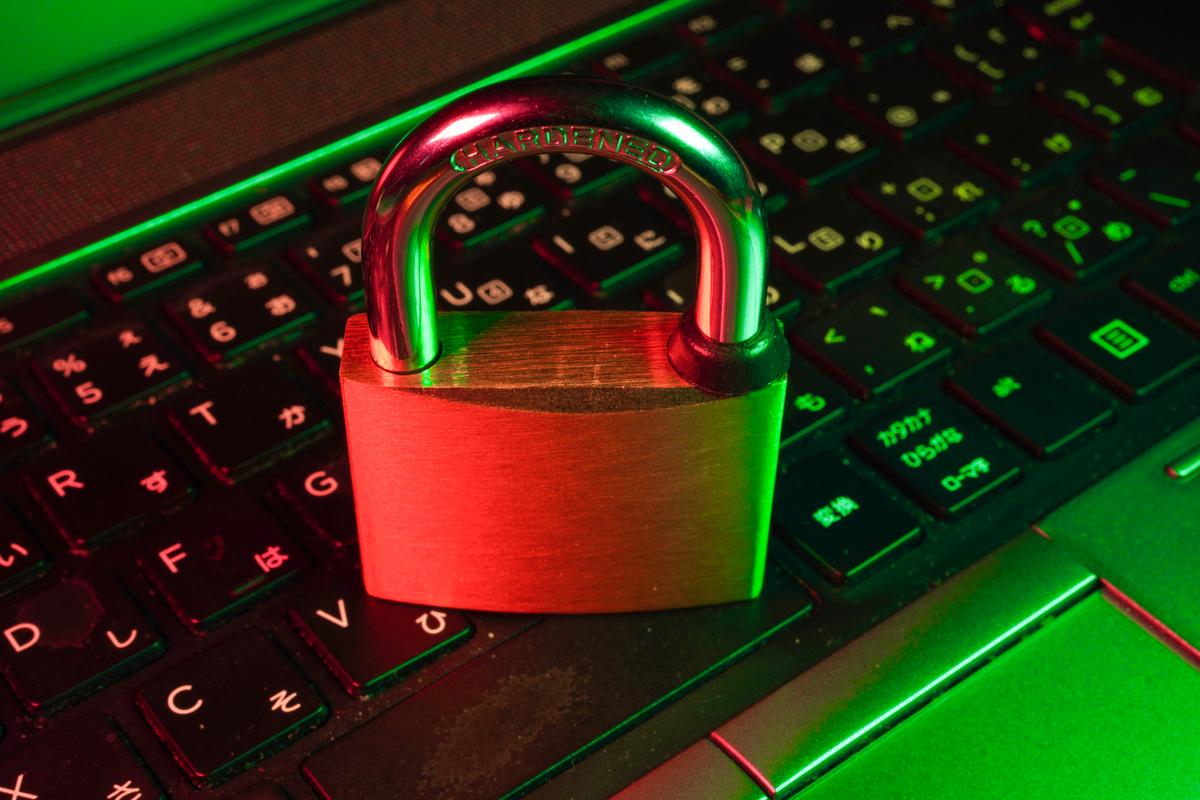

A topic that is frequently discussed is how to keep young people safe online. We encourage you to explore the eSafety website.
The parent section covers big issues, including:
eSafety also runs webinars for parents. eSafety’s parent guide to cyberbullying and online drama webinar provides parents and carers with the tools to support young people to have safe and respectful online relationships. It will also offer advice about what to do when things go wrong.
Topic for the month of May: Parental controls
Find out how to set up devices and apps to help keep young people safe online.
This webinar will include practical tips, demonstrations and advice - designed for parents and carers of kids aged 4 to 13 years old.
The presentation will cover:
Tuesday 31 May 12.30 – 1.30 pm
-Link to Register: https://register.gotowebinar.com/rt/8442552073867182349
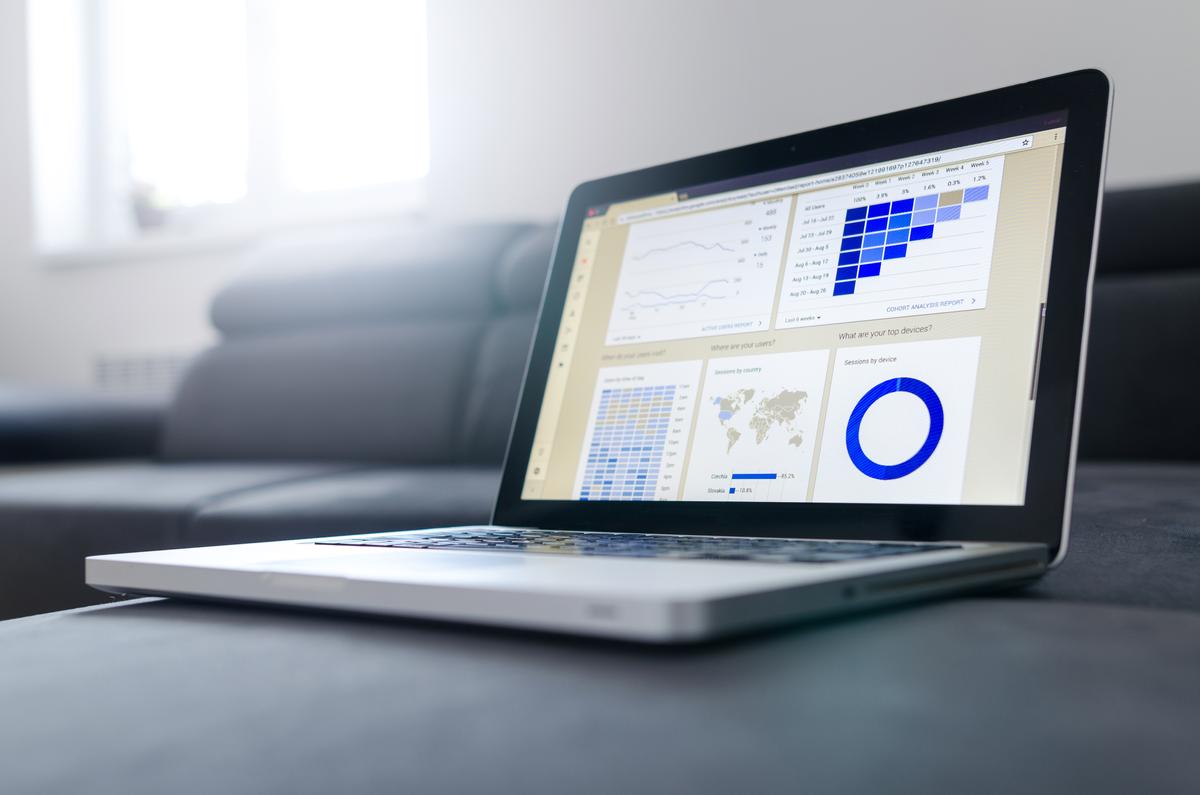

Headspace: 24/7 phone counselling service for 12 to 25-year-olds.
P: 1800 650 890
www.headspace.org.au
E-Headspace: 24/7 online counselling service for 12 to 25-year-olds.
www.eheadspace.org.au
BeyondBlue: 24-hour Phone and online counselling for mental health.
P: 1300 22 46 36
BeyondBlue also have a series of podcasts on various topics.
https://www.beyondblue.org.au/get-support/not-alone
Lifeline: 24-hour phone crisis support and suicide prevention services.
P: 131 114
www.lifeline.org.au/get-help/online-services/crisis-chat
Kids Help Line: 24/7 free phone and online counselling for 13 to 25-year-olds.
P: 1800 55 1800
www.kidshelpline.com.au
Q-Life/Switchboard: Free Online and Phone Counselling, information and advice LGBTIQ peer support and referral for people wanting to talk about sexuality, identity, gender.
P: 1800 184 527
www.qlife.org.au/resources/chat
VicHealth: Health promotion enabling people to increase control over and improve health. Physical and Wellbeing activities: https://www.vichealth.vic.gov.au
5 Ways to Wellbeing: Introducing 5 ways to improve your psychological and emotional health: https://5waystowellbeing.org.au/
1800 RESPECT: 24/7 free online and telephone counselling for Family Violence Affected Family Members.
P: 1800 737 732
www.1800respect.org.au
Men’s Line: 24/7 Support, referrals and counselling for men over the phone and online.
P: 1300 78 99 78
www.mensline.org.au
Suicide Callback Line: 24/7 Phone counselling, online counselling and Video Chat.
P: 1300 659 467
www.suicidecallback.org.au
Parent Line: State-wide telephone counselling and support service for all Victorian parents and carers of children from 0-18 years. Experienced social workers, psychologists and family therapists can give families counselling and information on a wide range of parenting issues.
P: 13 22 89
Black Dog Institute provides a free online resilience course – MindStrength - for 14 to 16 years, as well as their parents/carers.
This site also provides information posters – one for students and the other for parents: https://www.blackdoginstitute.org.au/education-services/schools/school-resources/mindstrength/
Blokes Psychology has offices based in Scoresby. They are a unique service as their primary target client group are males from the age of 5 onwards – they also work with people who want to learn how to support and communicate with the males in their life: